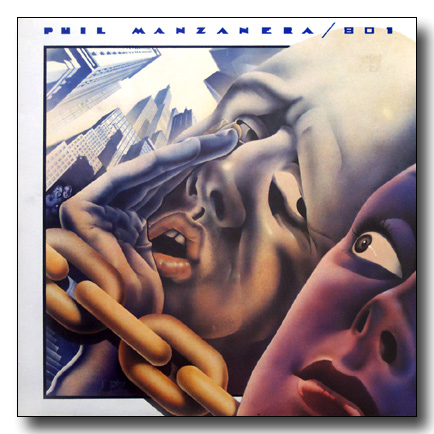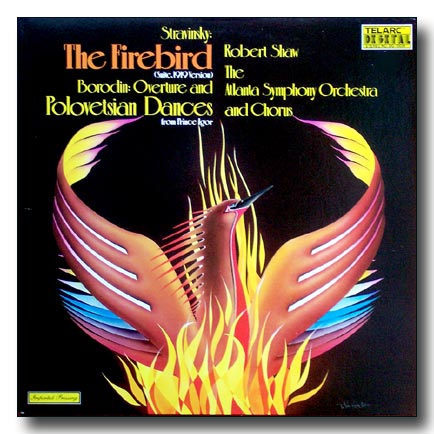
Lol has been a much beloved and cherished musicians for yours truly for decades, now... he inspired me in my short career as an alto sax player when I used - as he (and Sonny Rollins:-))) did - an highway underbridge for practicing undisturbed...
I only saw him alive in Bologna, decades ago, solo soprano playing... he blowed my mind away...
I own several of his elusive, sought-after discs on Ogun, Caroline and several others progressive labels... and it's pure improvised music of rare beauty and deepness.
I'll miss him a lot... and world is a poorer place, now...
Here is Guardian's obituary... I apologize for hi-jacking, but it's nicely written and... ohhh, in the name of music:-)
"The saxophonist Lol Coxhill, who has died aged 79, was one of the great characters of British music – generous, gifted and amiably eccentric. He had long been a stalwart of the European jazz and improvised music scene, but he reached all kinds through his collaborations with a wide range of music – Afro-Cuban, R&B, soul, progressive, punk, minimalist, electronic and beyond – while remaining recognisably himself.
He achieved fame of sorts in the early 1970s with the crew of musicians surrounding the former Soft Machine songwriter Kevin Ayers, whose band the Whole World included the contemporary composer David Bedford and the teenage prodigy Mike Oldfield. Coxhill would turn up in all kinds of situations – jam sessions, improv nights and playing solo soprano saxophone by Hungerford bridge on the Thames. (He is thought to be the main inspiration for Real Good for Free, Joni Mitchell's moving paean to buskers, though she changed the instrument played by her hero from sax to clarinet.)
Born in Portsmouth, Hampshire, Coxhill grew up in Aylesbury, Buckinghamshire, and bought his first saxophone in 1947. As a teenager in the late 1940s, he organised club sessions that mixed live music with 78rpm recordings of the groundbreaking jazz then coming from the US.
After training as a bookbinder and two years of national service in the RAF, he became a busy semi-professional. He developed a practice of playing solo that continued throughout his life. The money for sax lessons with Aubrey Frank came from busking. The entire history of jazz could sometimes be heard in Coxhill's playing, from Dixieland through swing and bebop to the soundbending experiments of the most avant-garde, but a melodic aspect to his performances could charm people who thought themselves allergic to jazz saxophone.
He was a member of Denzil Bailey's Afro-Cubists and toured US airbases in the 1950s with the Graham Fleming Combo, later joining 1960s bands such as the Chessmen and Gass. He guested with performers such as Joe Harriott and Tubby Hayes and toured with visiting US artists including Martha and the Vandellas, Mose Allison, Otis Spann and Rufus Thomas, with whom he appeared (playing tenor sax) on TV, looking cool in sports jacket, shades and shaved head. He finally quit his day job in 1965.
Coxhill acquired a valuable champion in the BBC DJ John Peel, who signed him to his short-lived independent label Dandelion. Ear of the Beholder (1971), the resulting double album, includes solo performances and collaborations with Bedford, Robert Wyatt, the Dutch pianist Jasper van't Hof and the guitarist Ed Speight.
Despite his associations with several wild men of music, from Jimi Hendrix via the Brotherhood of Breath to the Damned, Coxhill eschewed drug culture, saying, in an interview with Jeff Nuttall: "Quite a few people were using various pills and smokes but I was never really interested. I've always felt that I can be more creative if I try to … bring out thoughts naturally."
An encounter at the London Musicians' Collective led to a collaboration with the keyboard player Morgan Fisher on Slow Music (1980), a pioneering album of minimalist, ambient music, based partly on Handel's Largo. Many of the album's hypnotic, glowing timbres were produced by looping and slowing down Coxhill's saxophone phrases, a tribute to the sound and intonation of his playing.
Coxhill had a pleasant voice which could be heard to good effect in his version of I See Your Face Before Me by the Melody Four in 1984, and a more chaotic performance of Embraceable You, at Battersea Arts Centre, London. He occasionally doubled as an actor, for example with the performance art group Welfare State and in Sally Potter's 1992 film Orlando.
Coxhill's personality and versatility made him a popular choice as compere or MC for events and festivals. He knew everyone, he was funny, and if the PA broke down, he could perform a short unamplified solo set, thanks to the years of busking. In the latter part of his career he could be heard with a wide variety of bands and agglomerations on the fringes of the jazz, improvised and alternative music scenes. These included Trevor Watts's Moiré Music, The Recedents, Bob Cobbing's sound poetry group Birdyak, the London Improvisers' Orchestra and duos with Pat Thomas, Lu Edmunds, Veryan Weston and many more.
He is survived by his second wife, Ulrike, and by two daughters and a son from his first marriage.
• George Lowen Coxhill, saxophonist, born 19 September 1932; died 10 July 2012"

R.I.P. dear Lol...



.jpg)


























.jpg)






































No comments:
Post a Comment